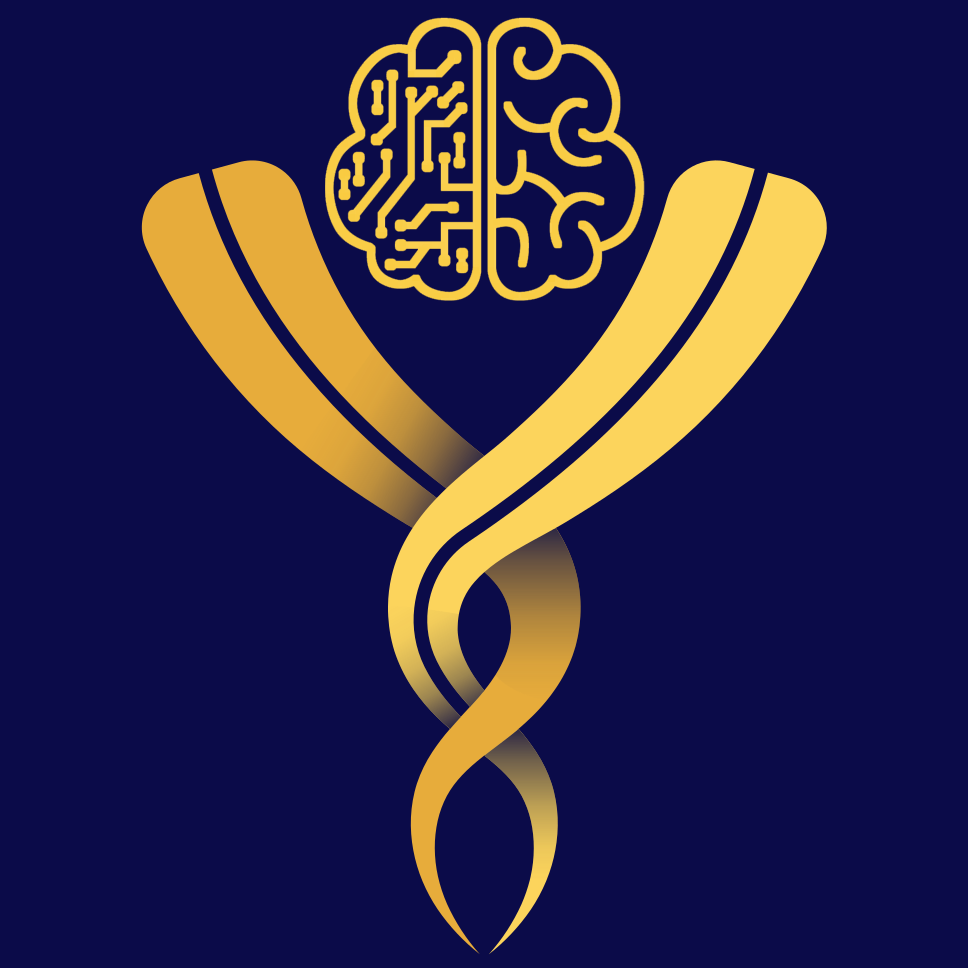Epigenetic Regulation in the Nervous System and Brain Disorders
Welcome to the Yao lab in the Department of Human Genetics at Emory University School of Medicine!
Ongoing research directions:
(1) We are fascinated by the pivotal roles epigenetic marks, such as DNA 5-hydroxymethylcytosine (5hmC), play in mammalian neurodevelopment and neuronal functions, as well as how dysregulation of these marks contribute to neurodegenerative (Kuehner et al., 2021) and neuropsychiatric disorders (Ma et al, 2023; Kuehner et al., 2023).
(2) We study a nuclear RNA–DNA hybrid structure, termed R-loops, for their crosstalk with DNA modifications. R-loops have recently gained attention for having essential roles in cellular processes, such as regulating gene regulation, maintaining genomic stability, and facilitating DNA repair. Our recent finding reveal the previously understudied genomic roles of a nuclear RNA-binding protein TDP-43 in modulating R-loop/5hmC coordination in coding genes, distal regulatory elements, and TEs, and present a general molecular mechanism underlying the contribution of proteinopathies to the etiology of neurodegenerative disorders (Hou et al., 2023). We are also investigating the crosstalk between DNA modifications and R-loops in human early brain developmental disorders, including Aicardi–Goutières syndrome (AGS), Ataxia-telangiectasia (AT), respectively, by using iPSC differentiated neurons from human patients.
(3) We created two novel computational algorithms, circMeta (Chen et al., 2020; Zhao et al, 2024) and CARP (CircRNA identification using A-tailing RNase R approach and Pseudoreference alignment) (Li et al., 2022) to identify and accurately quantify the genome-wide landscape of non-coding RNA, termed circular RNA (circRNA) in mammals. We are investigating the molecular mechanisms underlying biogenesis and downstream functions of circRNAs, in neural and glia development, functions and their unique contributions to Alzheimer's Disease (Wang et al, 2024). We are also interested in other types of non-coding RNAs in human brain diseases (Teng et al, 2023).

Welcome to the Yao lab in the Department of Human Genetics at Emory University School of Medicine!
Ongoing research directions:
(1) We are fascinated by the pivotal roles epigenetic marks, such as DNA 5-hydroxymethylcytosine (5hmC), play in mammalian neurodevelopment and neuronal functions, as well as how dysregulation of these marks contribute to neurodegenerative (Kuehner et al., 2021) and neuropsychiatric disorders (Ma et al, 2023; Kuehner et al., 2023).
(2) We study a nuclear RNA–DNA hybrid structure, termed R-loops, for their crosstalk with DNA modifications. R-loops have recently gained attention for having essential roles in cellular processes, such as regulating gene regulation, maintaining genomic stability, and facilitating DNA repair. Our recent finding reveal the previously understudied genomic roles of a nuclear RNA-binding protein TDP-43 in modulating R-loop/5hmC coordination in coding genes, distal regulatory elements, and TEs, and present a general molecular mechanism underlying the contribution of proteinopathies to the etiology of neurodegenerative disorders (Hou et al., 2023). We are also investigating the crosstalk between DNA modifications and R-loops in human early brain developmental disorders, including Aicardi–Goutières syndrome (AGS), Ataxia-telangiectasia (AT), respectively, by using iPSC differentiated neurons from human patients.
(3) We created two novel computational algorithms, circMeta (Chen et al., 2020; Zhao et al, 2024) and CARP (CircRNA identification using A-tailing RNase R approach and Pseudoreference alignment) (Li et al., 2022) to identify and accurately quantify the genome-wide landscape of non-coding RNA, termed circular RNA (circRNA) in mammals. We are investigating the molecular mechanisms underlying biogenesis and downstream functions of circRNAs, in neural and glia development, functions and their unique contributions to Alzheimer's Disease (Wang et al, 2024). We are also interested in other types of non-coding RNAs in human brain diseases (Teng et al, 2023).

Yao et al, Nat Rev Neurosci. 2016
